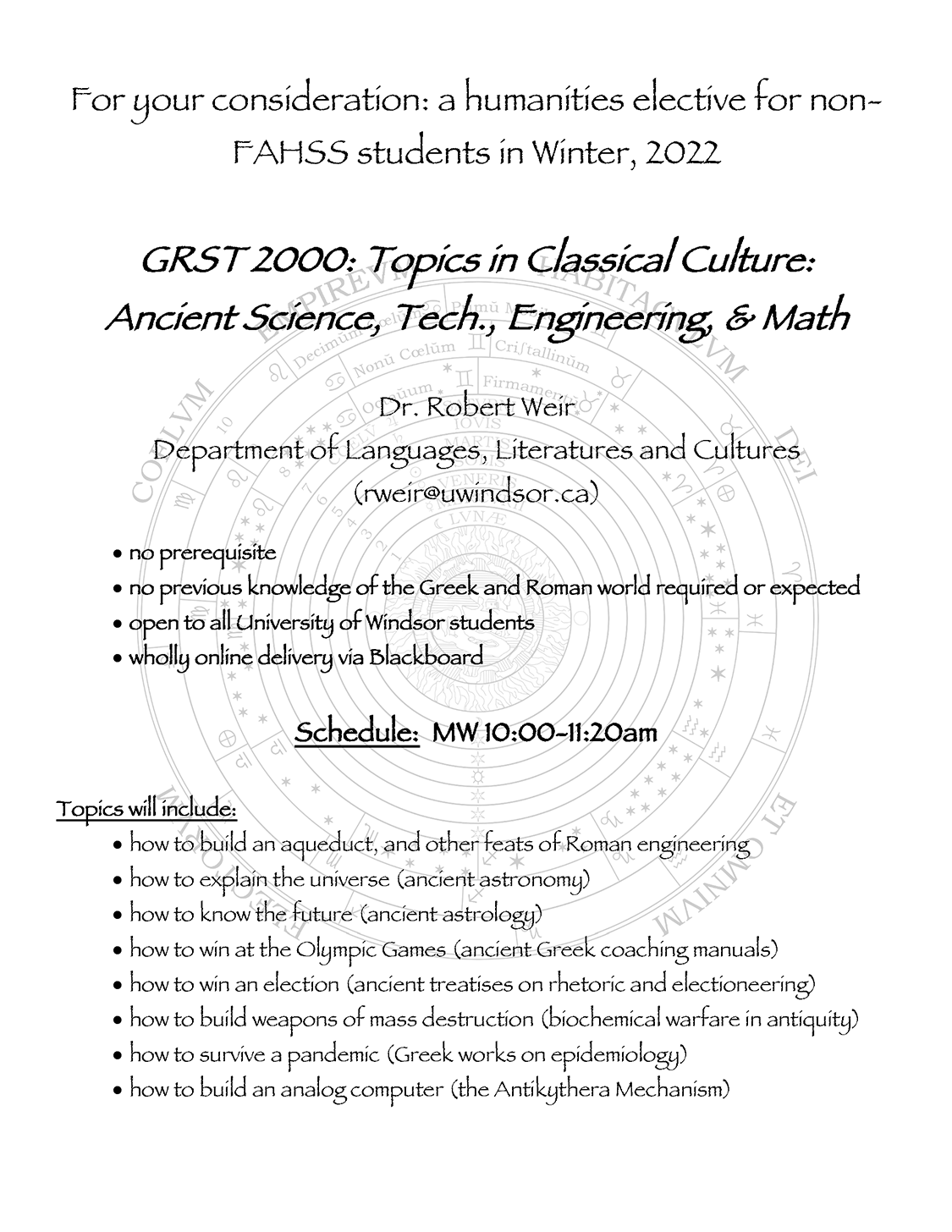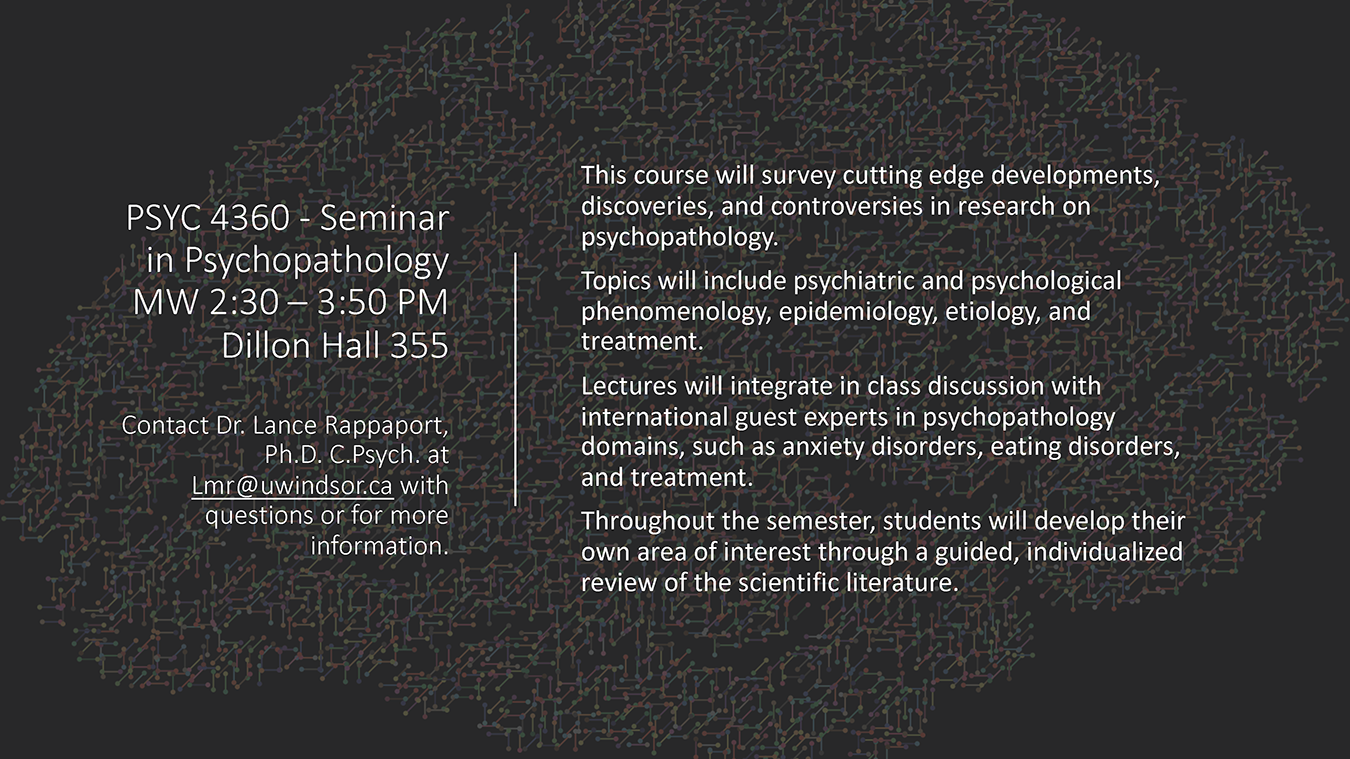Here are some course ideas for Winter 2022 semester
New courses:
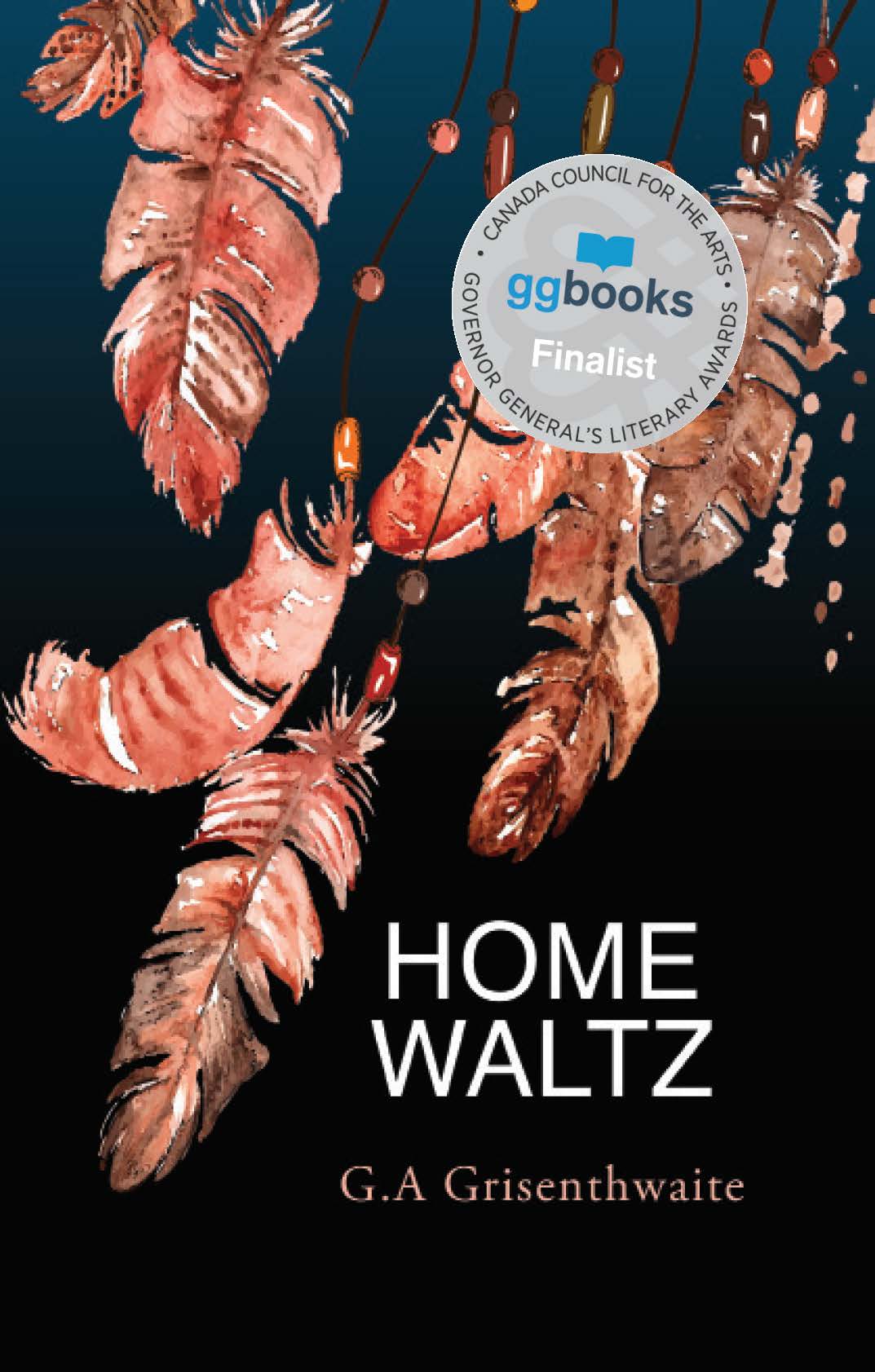 ENGL 1005-1, Topics in Literature: Indigenous Literatures - Magic Realism in Indigenous Literatures
ENGL 1005-1, Topics in Literature: Indigenous Literatures - Magic Realism in Indigenous Literatures
ENGL 1005-1, Topics in Literature: Indigenous Literatures is currently open, MW 10:00-11:20. Once we return to in-person classes, this course will be offered in-person in Erie Hall 1118. The instructor is Governor-General’s Award finalist Gord Gwisenthwaite, a member of Lytton First Nation, on the specific topic of Magic Realism in Indigenous Literatures. All students are welcome to apply. A reminder that classes begin (online) on Monday, January 17th.
PHIL 1350 Culture, Health, and Social Justice on Turtle Island
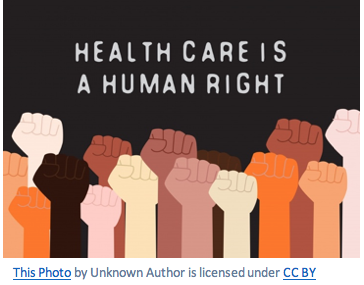
Recent headlines attest to the fact that Indigenous people in Canada in general receive inadequate healthcare and are subject to neglect and abuse at the hands of those entrusted to provide that care. Some, like Joyce Echaquan and Brian Sinclair, sought medical treatment only to experience racism from caregivers and ultimately died in the hospital. This course explores the theory, research, and professional expectations regarding cultural competency, safety, and humility with respect to the nursing and healthcare of Indigenous people and communities. Throughout the course, we will consider how colonialism factors into the health disparities of contemporary Indigenous communities, employing philosophical skills, such as self-reflection and critical thinking, to promote social justice in the care of Indigenous people in Turtle Island.
BioART
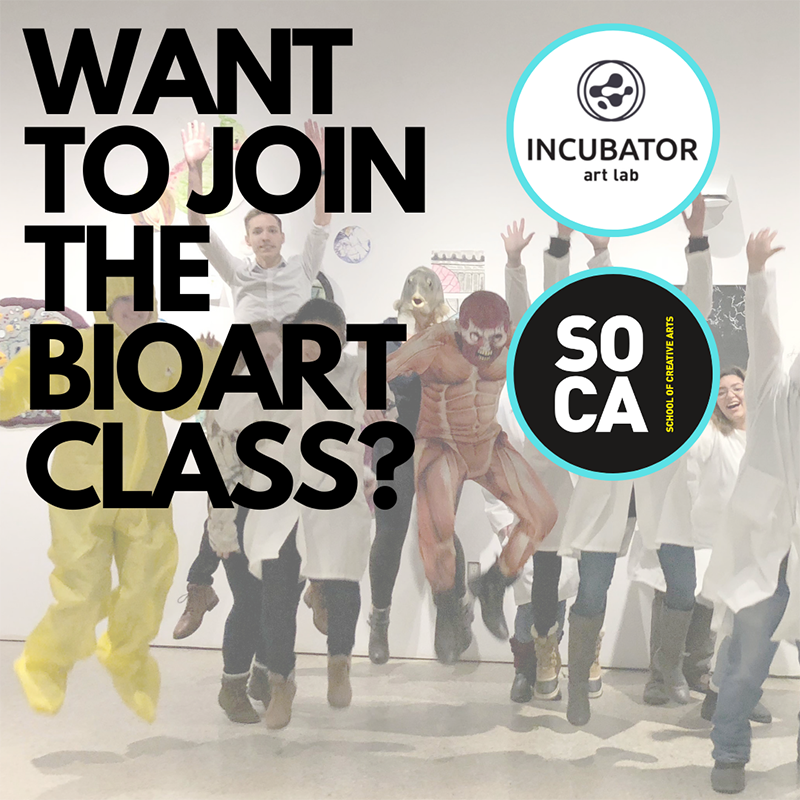
Drama in Education and Community
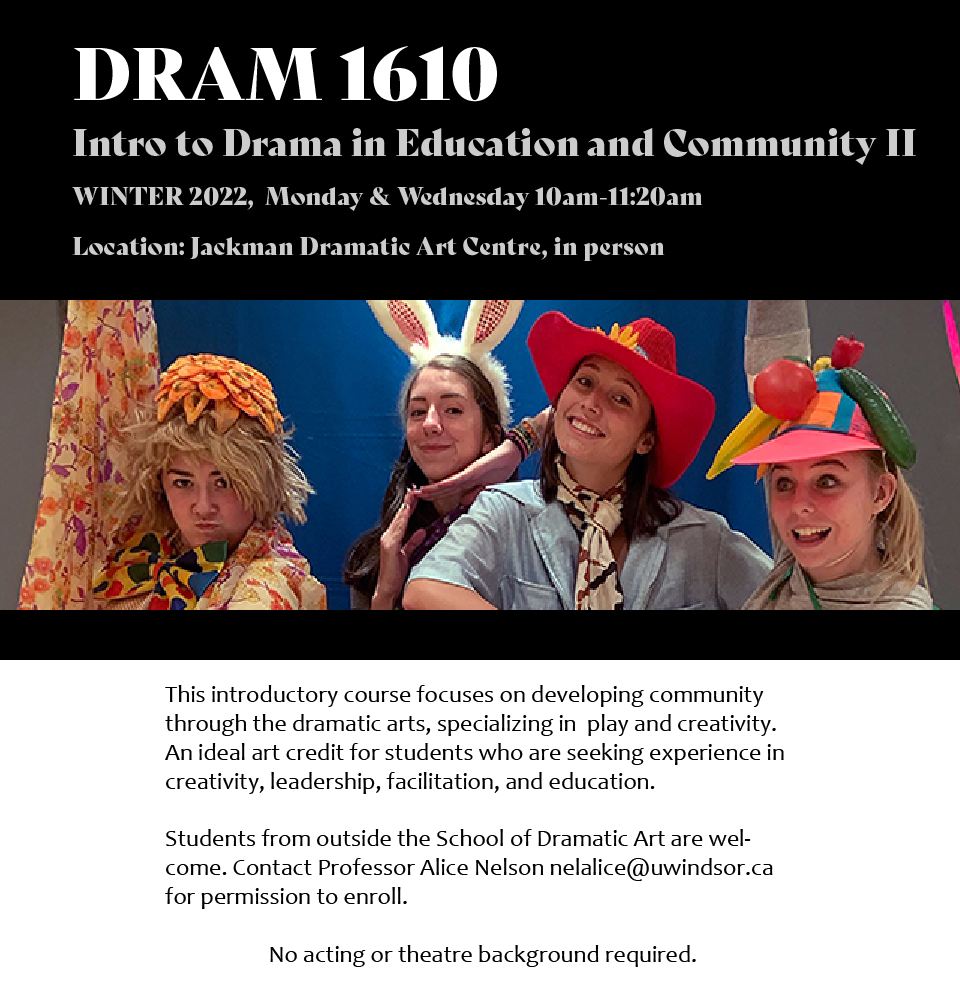
History
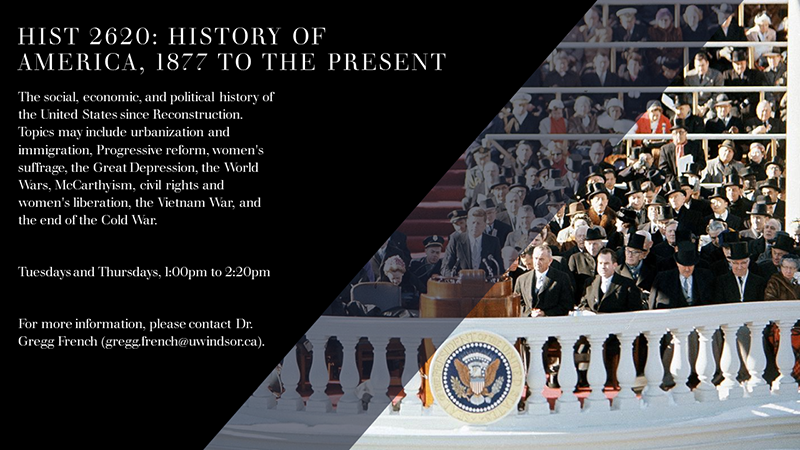

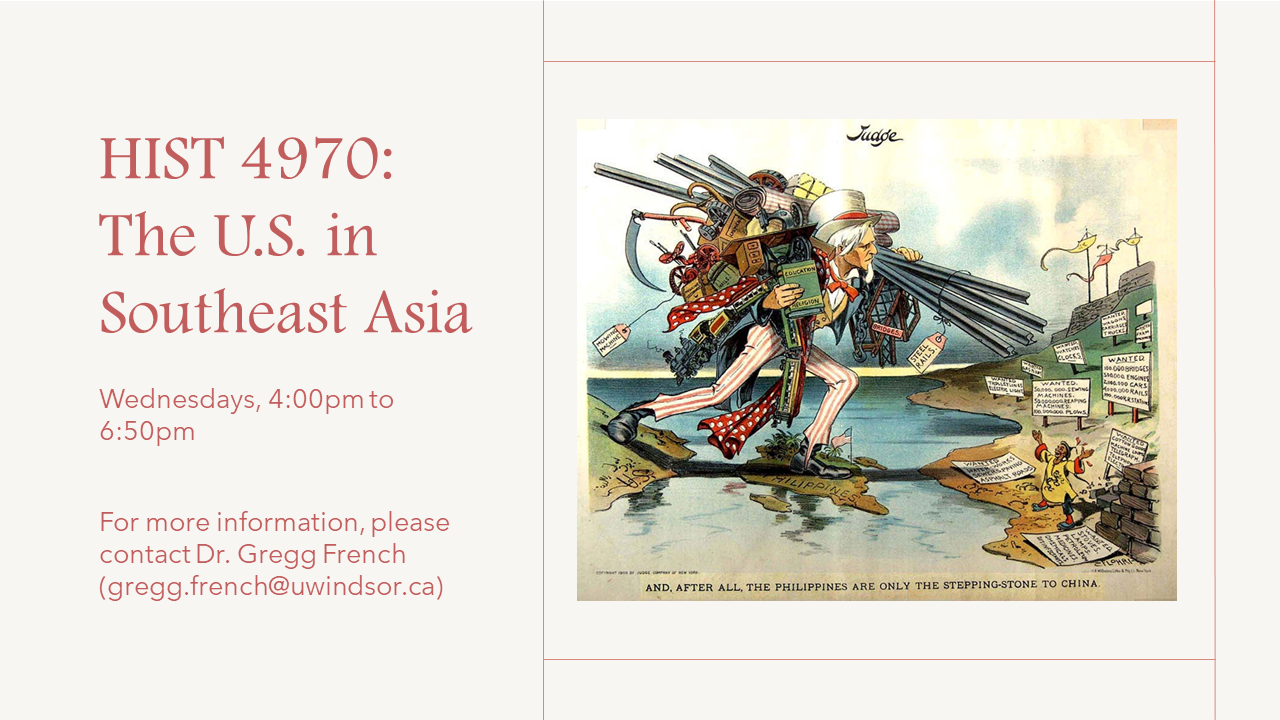
Languages, Literatures, and Cultures
GRST 2000: Topics in Classical Culture: Ancient Science, Tech., Engineering & Math
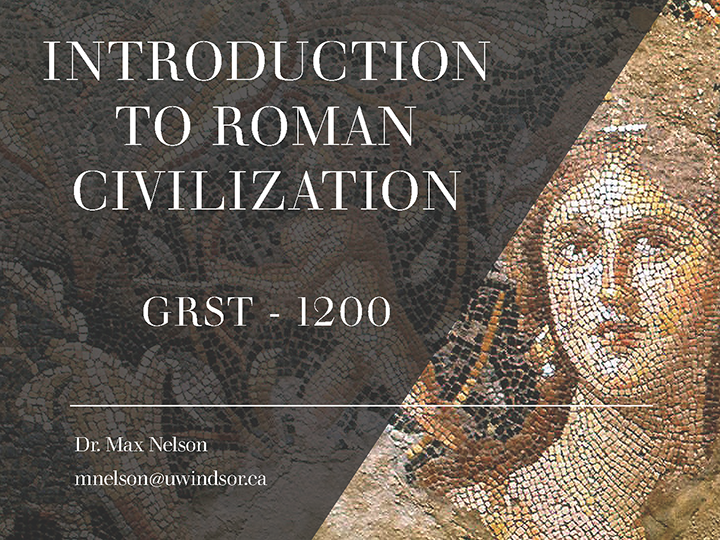
Music
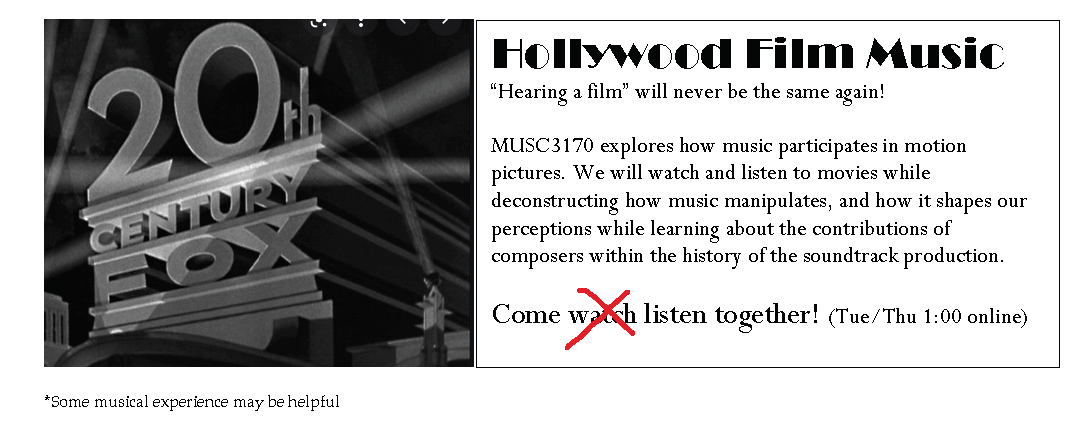
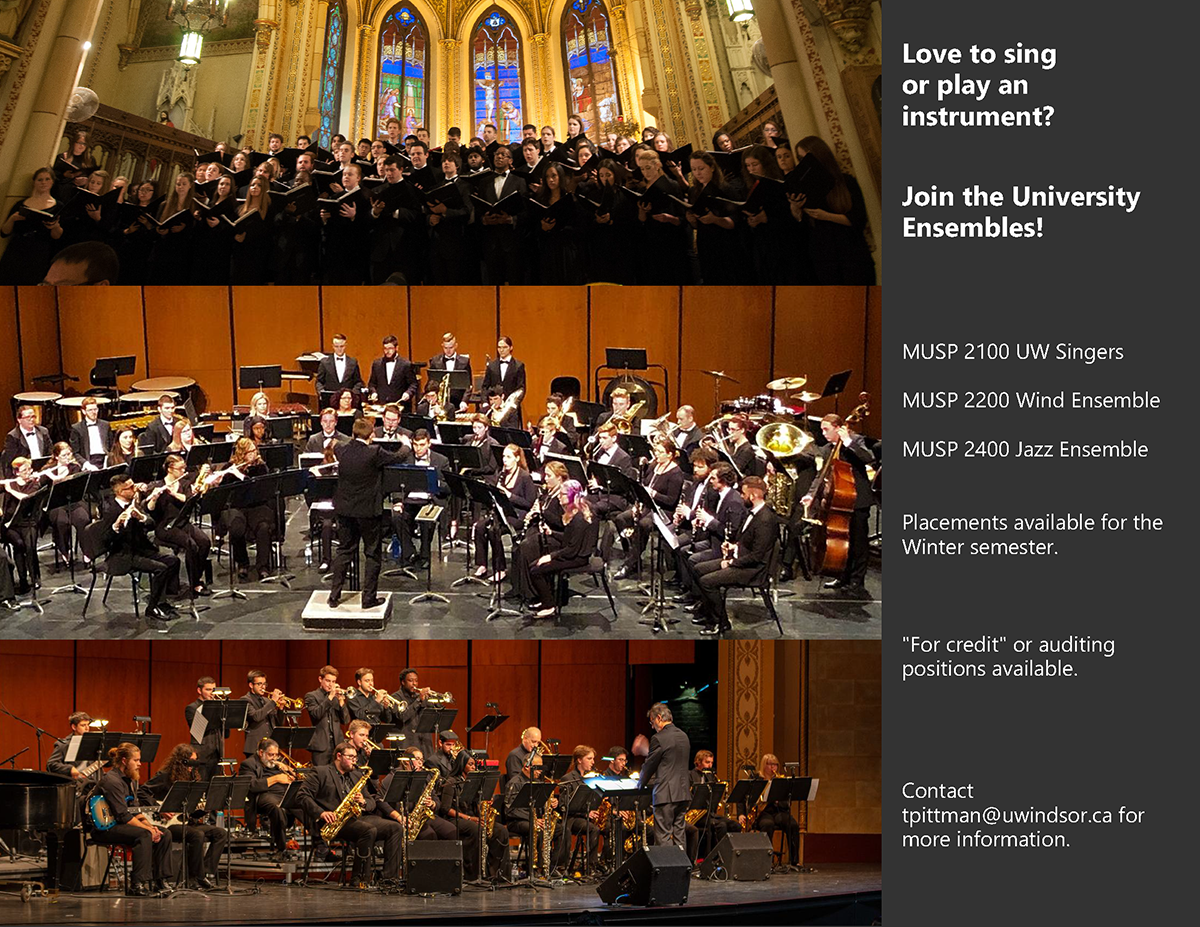
Psychology
Working for a Living
WORK-1500-01 This course uses the students' own experiences of work to examine the economic, social, and psychological significance of paid and unpaid work in Canadian society, the tasks and values assigned to various kinds of work, and the relationship between work and living standards.
Offered in Winter 2022 online on Wednesdays at 11:30am-2:20pm
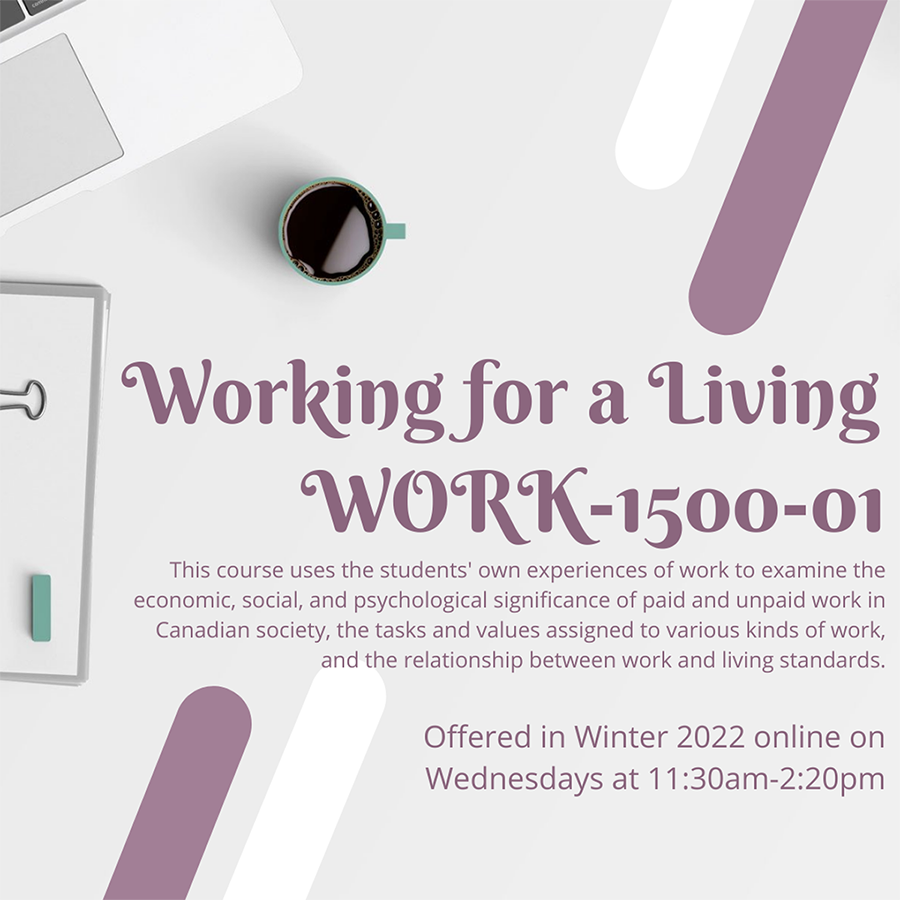
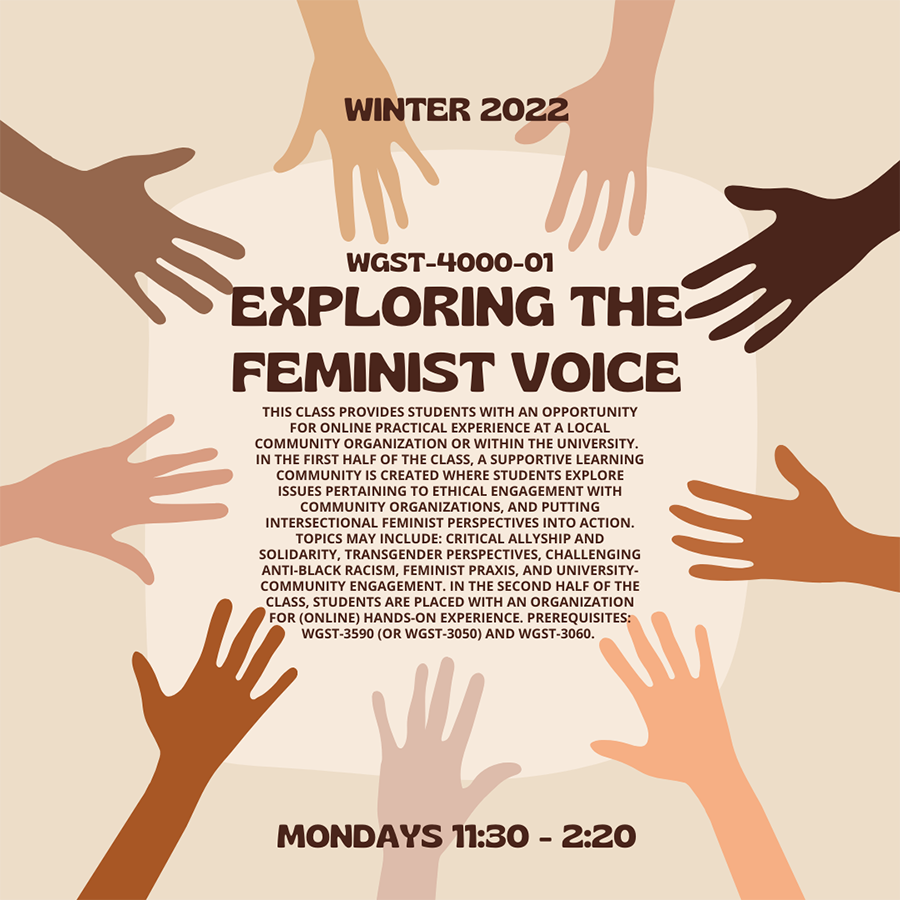
WGST-4000-01 Exploring the Feminist Voice
This class provides students with an opportunity for online practical experience at a local community organization or within the university. In the first half of the class, a supportive learning community is created where students explore issues pertaining to ethical engagement with community organizations, and putting intersectional feminist perspectives into action. Topics may include: critical allyship and solidarity, transgender perspectives, challenging anti-Black racism, feminist praxis, and university-community engagement. In the second half of the class, students are placed with an organization for (online) hands-on experience. Prerequisites: WGST-3590 (or WGST-3050) and WGST-3060. Mondays 11:30-2:20
Updated: January 7, 2022

